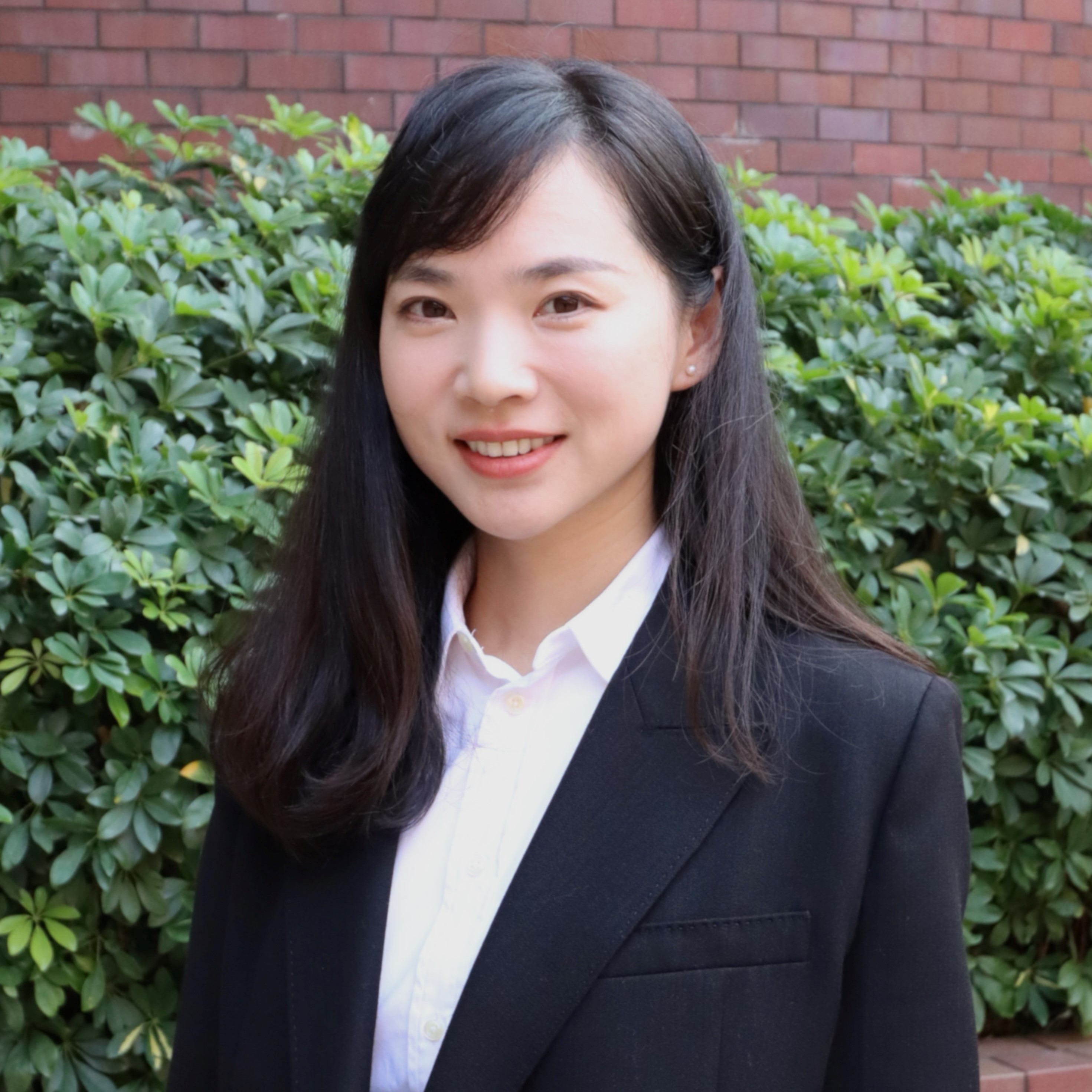
Dr. Jingyu Shi
Research Assistant Professor
The Hong Kong Polytechnic University
During my academic journey, I've been deeply immersed in the field of biomedical engineering, mainly focusing on developing functional nanoprobes for biosensing, bioimaging, and therapeutics. My research experiences have equipped me with strong experimental skills, critical thinking abilities, a collaborative spirit, and leadership qualities, all of which have contributed to my significant publication record. I've been involved in 17 SCI journal papers, with 7 as the first author and 2 as the second author. Many of these papers have been published in high-impact journals with impact factors exceeding 10, and one of my publications has been cited over 341 times as a "Highly Cited Paper" in Essential Science Indicators (ESI), placing it in the top 1% of the academic field of Chemistry. My H-index stands at 13, with 1500+ citations in Google Scholar and 1000+ citations in Web of Science Research ID, reflecting the impact and relevance of my research contributions. My expertise spans across several key areas:
1. Functional Nanoprobes Development:
I specialize in designing and fabricating functional nanoprobes using advanced nanomaterials such as graphene quantum dots (GQDs), graphene, gold nanoparticles (AuNPs), and molybdenum disulfide (MoS2). These nanoprobes serve as highly sensitive and specific tools for detecting biomolecules and cells associated with various diseases.
2. Biosensing Technologies:
I have developed fluorescence resonance energy transfer (FRET) biosensors based on novel nanomaterials for precise and rapid detection of pathogens such as Staphylococcus aureus gene sequences, protein toxins like BoNT-LcA, and cancer biomarkers. These biosensors offer high sensitivity, specificity, and real-time monitoring capabilities. As the first author, I have published the above results in three articles in Biosensors and Bio electronics (impact factor 12.6).
3. Bioimaging Applications:
My research extends to utilizing nanoprobes for bioimaging purposes, particularly in photoacoustic imaging and near-infrared (NIR) imaging-guided therapies. I have worked on nanoprobes targeting specific biomarkers like epithelial cell adhesion molecule (EpCAM) and nerve growth factor (NGF) for accurate imaging and targeted therapeutic interventions.
4. Therapeutic Nanomedicine:
I explore the potential of nanoprobes for therapeutic applications, including photothermal therapy for osteoarthritis (OA) pain management. By functionalizing nanoprobes with specific antibodies or peptides, I aim to precisely target diseased tissue, increase therapeutic efficacy, and minimize side effects. The above results were published in ACS Nano, 2021, 15, 7, 11711–11723 (impact factor = 17.1) with me as the co-first author.
Overall, my research encompasses functional nanoprobes and their applications in biosensing, bioimaging, and therapeutics. However, I am also keen on exploring the potential of combinations of nanomaterials and exosomes in immunotherapy. This interest extends to
investigating how nanomaterials can enhance the delivery and efficacy of immunotherapeutic agents encapsulated in exosomes, with the goal of developing innovative strategies for immune system modulation.
In addition to my academic achievements, I have received various awards throughout my career. I was honored to be selected for the RGC Postdoctoral Fellowship Scheme (PDFS) 2022/23 and the RGC Hong Kong Ph.D. Fellowship Scheme (HKPFS) 2015/16. In 2016, I won the second position in the student presentation competition at the 2nd Asian University Biomedical Engineering Symposium (AUSBME) held in Beijing, China. I also received the Top Prize and the second Runner-up of the Hong Kong Medical and Healthcare Device Industries Association Student Research Award in 2015 and 2014, respectively. My experience working at the Research Institute has honed my research skills and improved my leadership abilities. In 2019, I was nominated to participate in the Technology Leader Training Program and was the project coordinator of a small-scale project worth 0.1M.